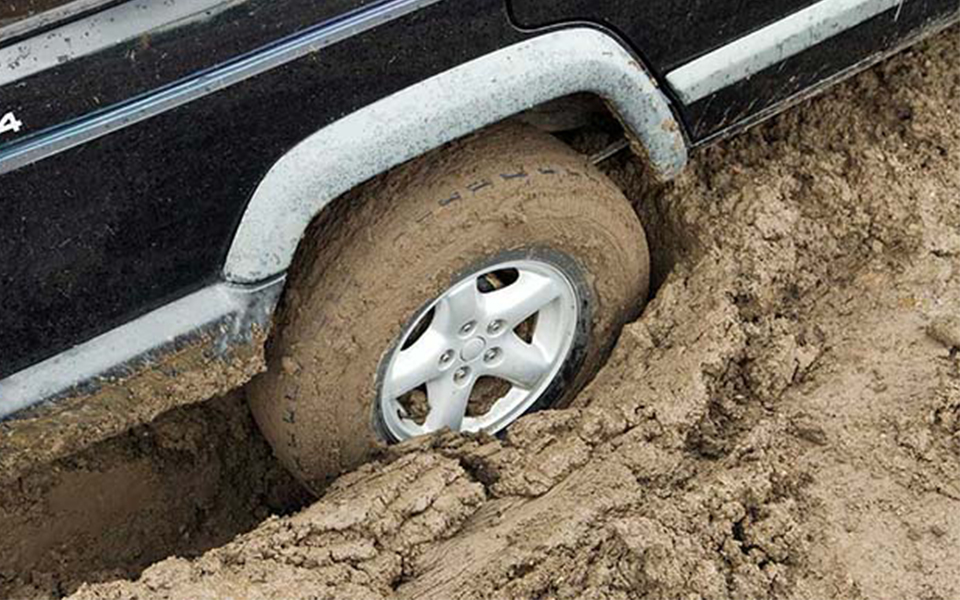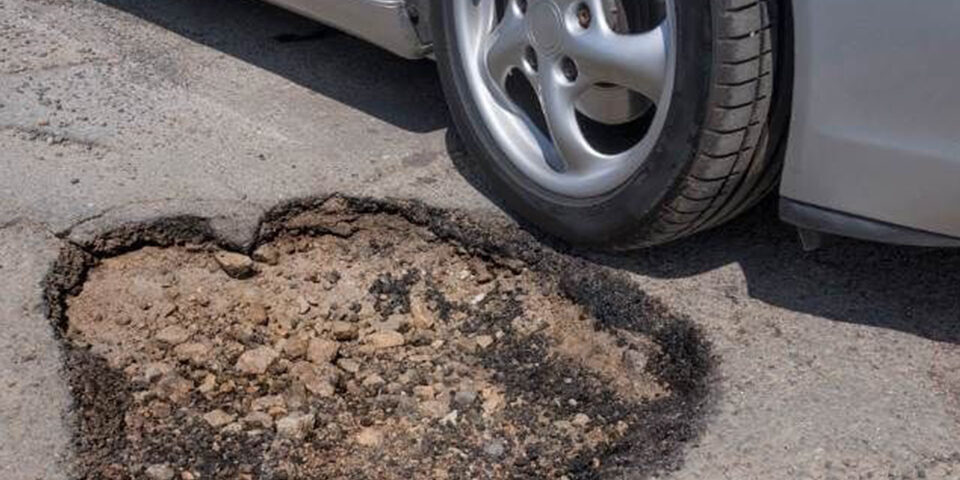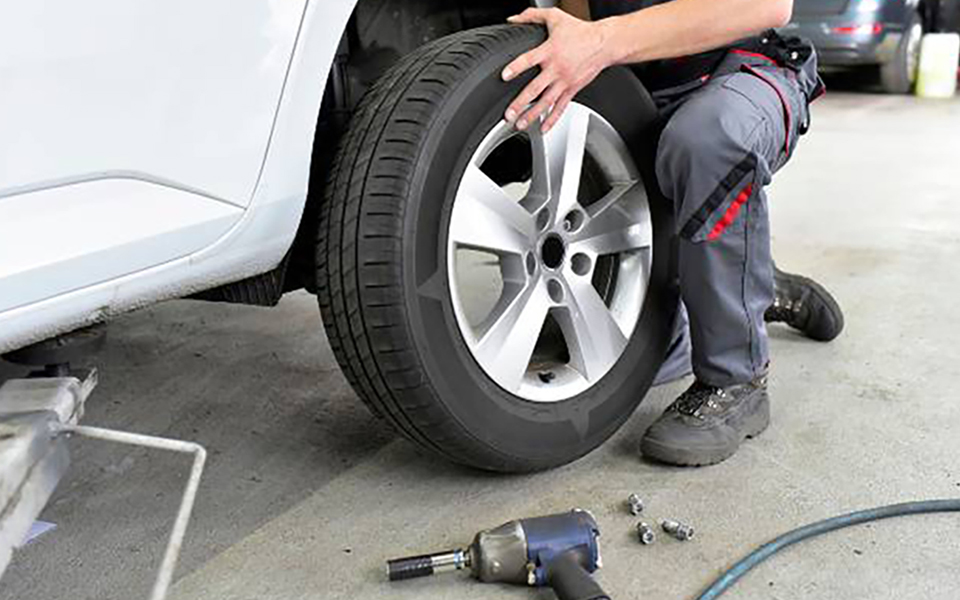
How To Get A Truck Stuck In Mud Out
December 7, 2021The Car Care Council says that potholes can damage your steering, suspension and alignment systems. Driving over a pothole can also cause damage to your vehicle's tires and rims. Some signs of pothole-related damage may include loss of control of the car, pulling in one direction, uneven tire wear, low tire pressure, bulges in the sidewalls and dents in the tire rims, adds the organization.
HOW DO I KNOW IF I AM INSURED FOR POTHOLE DAMAGE?
Hitting a pothole with your car may be considered a single-vehicle accident. So, you may be able to make an insurance claim for pothole damage with your insurance company if you have collision coverage. Keep in mind that if you file a collision coverage claim for pothole damage, that claim will go on your insurance record. Claim frequency may affect your auto insurance rates, according to the National Association of Insurance Commissioners.
Read your policy documents carefully or ask your agent to understand the coverages in your auto insurance policy and whether pothole damage is covered. Some cities, like Chicago and New York, may also offer limited compensation for pothole damage that happened within certain jurisdictions, according to the Insurance Information Institute.
HOW DOES COLLISION COVERAGE WORK FOR POTHOLE DAMAGE?
Collision coverage helps pay to repair damage to your car if you collide with another vehicle or object. If you hit a pothole big enough to cause front-end damage, your collision coverage may help pay for repairs. But remember, you'd be responsible for your deductible first — the amount you must pay before your insurer will pay for a covered claim. You can typically choose your own deductible when you buy collision coverage.
If your car is damaged after hitting a pothole, it's a good idea to get a few estimates for repairs. If the cost to repair the damage is less than your auto policy's deductible, it would make more sense to pay for the repairs out of your own pocket. Also keep in mind that your insurer will only pay up to the coverage limit — the maximum amount an insurer will pay toward a covered claim. For most auto insurance policies, the limit for collision insurance is equal to the actual cash value of the car (which may include a deduction for depreciation).
Lastly, it's also important to note that if you lease or finance your car, your lender may require you to have collision coverage as part of your car insurance policy. If you own your vehicle outright, collision coverage is usually an optional coverage.
If you have any questions about how your auto policy covers potholes, get in touch with a local agent. They can help you understand your coverage and make any necessary changes to your policy.


